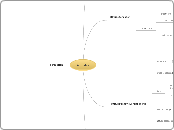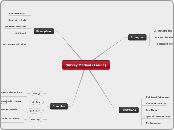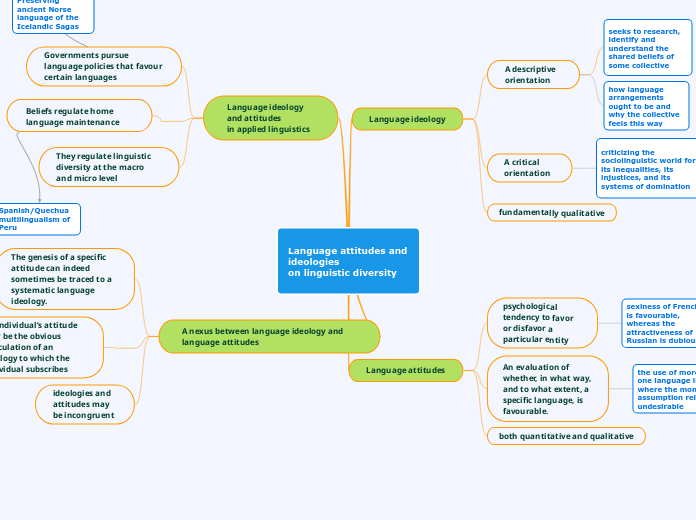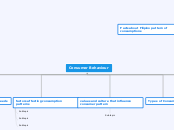Attitudes
persuasion
behaviour/attitude relationship
attitude/behaviour relationship
attitudes guide behaviour
considered intentions
TPB
TRA
FIshbein & Ajzen 1975
without much thought
attitude accessibility
Fazio & Williams 1986
Reagan study
quicker response time when asked qs about Reagan - more accessible - more likely to vote the way had said.
attitude strength
caused by
personal involvement
Sivacek & Crano 1982
acquiring more info
Kallgren & Wood 1986
time
Fishbein & Coombs 1974
opinion polls less accurate month before than week before
less accurate when gap between attitude measurement + behaviour
levels of specificity
Davidson & Jacard 1979
womens attitudes towards contraceptive pill
do you think you'll ever take contraceptive pill
vs
do you hink you'll take the contraceptive pill in next two years
better predictor.
Newcomb 1992
specific attitudes better predictors of behaviour than g eneral attitudes
LaPiere 1934
3 months with young CHinese couple across the USA
1 out of 250 hotels and restaurants refused service
6 months later sent letters asking if they would serve Chinese patrons
Of the 128 replies 92% said they would refuse to serve Chinese people
i.e. attitudes don't predict behaviour
(not specific enough - chinese couple travelling with western man)
attitude formation
formed from
reinforcement/punishment
learn from family/culture
observational learning
e.g. maths praise - +ve maths attitude
classical conditioning
Staats & Staats 1962
meaningful words (e.g. large) paired with shocks/loud noises
more extreme negative attitudes towards conditioned words
experience
Zajonc 1968
10 Chinese like characters on screen for 2 seconds each. characters varied in no. times presented.
mere exposure effect
how do components form a summary
accessibility
negative bias
consistency
what are attitudes?
Eagly & Chaiken, 1993
multi-component perspective
behavioural
affective
cognitive









